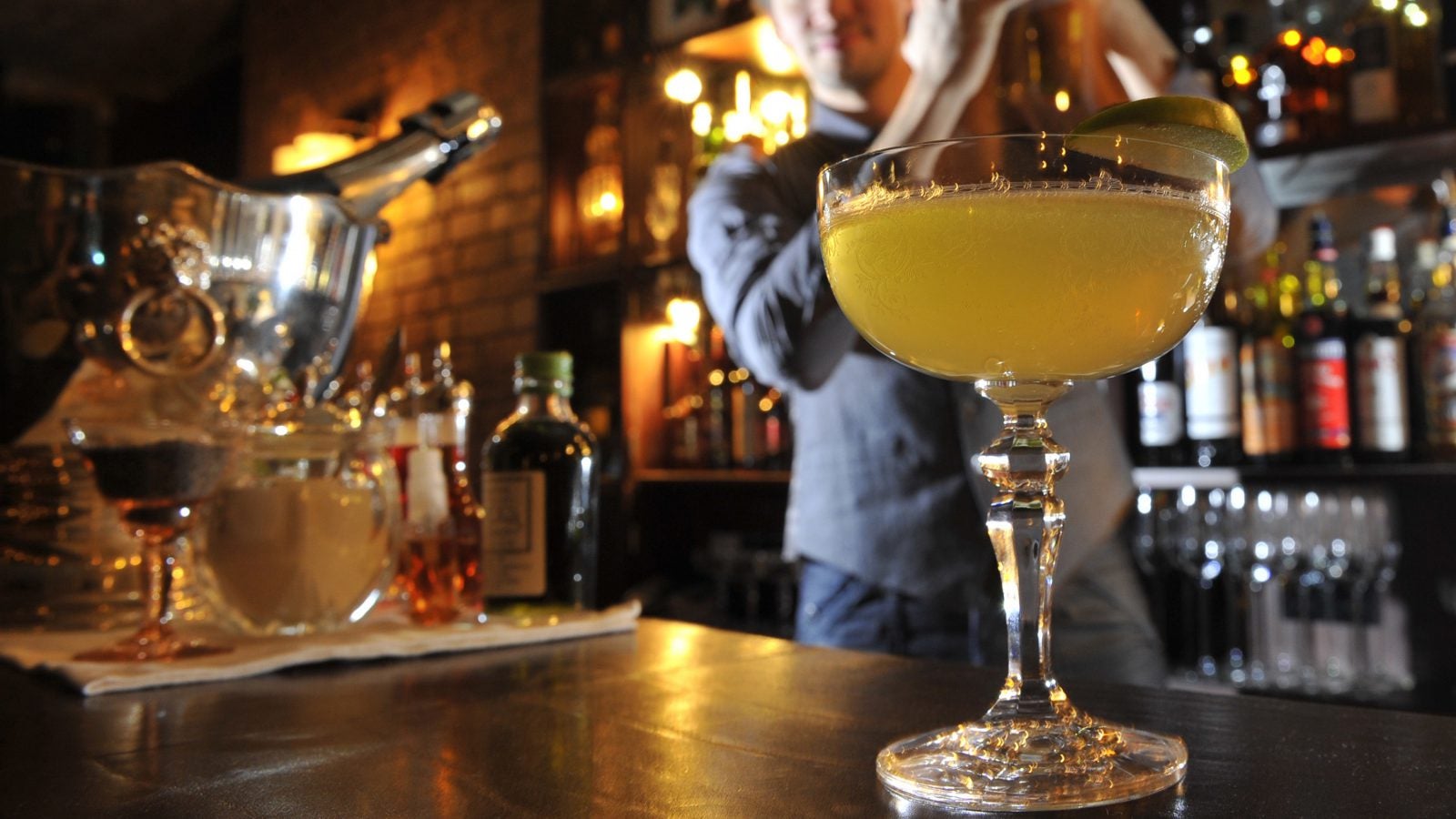A bar bathroom poster offers an escape route for women on bad dates with creeps
Dating apps such as Tinder, Plenty of Fish, and Bumble make meeting someone online sound like an risk-free delight. “Connecting has never been more fun, safe, or awesome,” Bumble declares.


Dating apps such as Tinder, Plenty of Fish, and Bumble make meeting someone online sound like an risk-free delight. “Connecting has never been more fun, safe, or awesome,” Bumble declares.
But those who have been on internet dates know, the reality is mixed. Some dates are indeed “fun” and “awesome.” Some are dull. And not all of them feel safe.
Now, a poster campaign in the UK is suggesting a way out for women who find themselves feeling so awkward, or even threatened, on a bad date that they want to ask for help without alerting their companion.
The poster campaign, developed by local government in Lincolnshire, a county in England, asks “Are you on a date that isn’t working out? Is your Tinder or POF date not who they said on their profile? Do you feel like you’re not in a safe situation? Does it all feel a bit weird?” If so, the poster suggests, a woman can go to the bar and ask for “Angela”—a code that will let bar staff know she would like help to subtly extricate herself from the date. (The campaign poster does not specify that the advice is only for women, but presumably it would only work if it’s not also posted in the men’s bathroom.)
There are obvious questions about the campaign. What if bar staff don’t understand the code? Wouldn’t a quiet request for help be clearer? Why shouldn’t a woman make a scene, if her date’s behavior makes her uncomfortable? And the campaign, while well-meaning, isn’t scaleable without a widespread effort to train staff in date venues to recognize and respond appropriately to the “Angela” code.
Saskia Garner, policy officer for personal safety at the Suzy Lamplugh Trust, which works to combat violence and aggression, said that despite those concerns the trust supports the poster’s message.
“We’d always want people to have options,” she said. “What we like about this is that it is another option for people.”
She also noted that this is an example of ”the nighttime economy being proactive around personal safety.” Garner said that the trust has recently begun working with online dating companies, which are becoming more aware of their responsibility in the safety of people going on dates.
But the “Ask for Angela” campaign is just one tool. Anyone meeting a stranger on a date should take steps to protect themselves, balancing caution with feeling free to get out there and meet people.
These are Garner’s tips:
- Tell a friend or family member where you’re going and at what time. Give them as much information as possible about the person you’re meeting, including their name, what they look like, and through which platform you’ve been communicating with them.
- Make plans to check in with that friend both on the way to the date and afterward, so someone is aware of your whereabouts.
- Make a plan with that person about what should happen if you don’t check in as agreed. Your friend might call the venue, for example.
- Always take a charged phone.
- Take money for a taxi home, or clearly plan your route.
- Don’t give away any personal information (your address, for example), and don’t share a taxi home with someone you don’t know well.
The Trust also advises people to carry a personal alarm. No list is comprehensive (some are much more extreme), but it’s worth taking a minute to plan before going on another blind date.